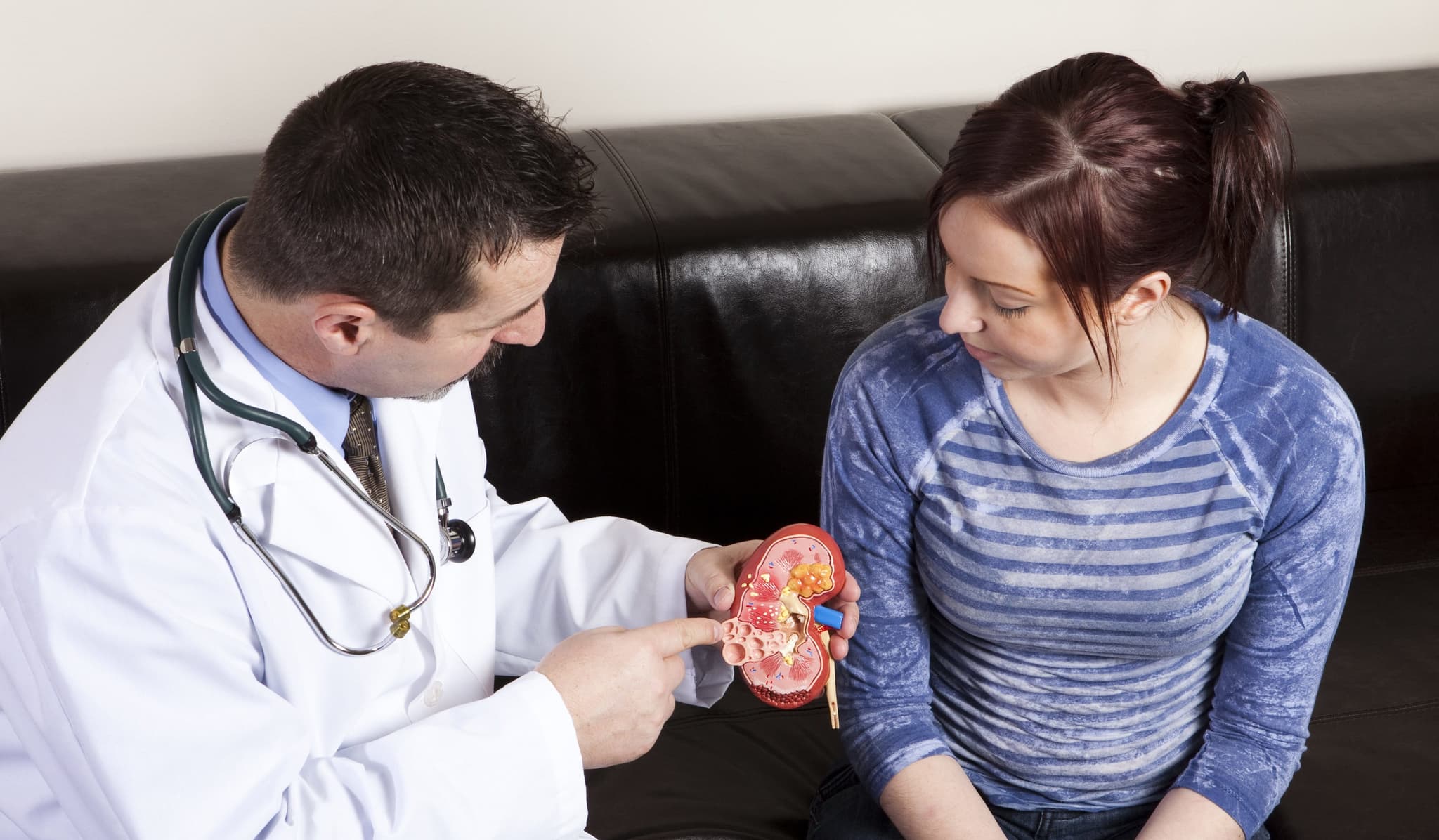Vernal Nephrology
The Nephrology and Chronic Kidney Disease department at Revere Health in Vernal provides specialized medical care to patients with diseases and ailments specific to the kidney. Our nephrologists treat patients according to their individual needs and goals and educate them on treatments and lifestyle options. Our Vernal physicians and staff stay up to date on the latest developments in chronic disease management and treatments related to the kidney and other organs. From dialysis to surgical care, we have the resources and talent to help improve our patients’ quality of life.

Information Cards
Phone: (801) 377-4623
Fax: (801) 377-6832Call for Hours
See patient education
resources below ↓
Services
Chronic Kidney Disease
Learn About Chronic Kidney DiseaseA progressive loss of kidney function over several months or years, often caused by diabetes and high blood pressure.
Acute Renal Failure
Learn About Acute Renal FailureAn abrupt decline in your kidneys’ ability to eliminate excess fluids and waste materials from the body.
Hypertension
Learn About HypertensionA condition occurring when the force of blood against artery walls is too high; often a precursor for other health problems.
Metabolic Bone Disease
Learn About Metabolic Bone DiseaseDisorders related to the weakening of bone, usually caused by an imbalance in vitamin D3, calcium or phosphorus.
Salt, Mineral and Water Disorders
Learn About Salt, Mineral and Water DisordersDiseases in which the body’s salt, mineral or water contents are abnormal or out of balance, causing complications.
Diabetes Mellitus
Learn About Diabetes MellitusA disease in which the body does not properly produce or respond to insulin, a hormone that regulates glucose in the blood.
Anemia Management
Learn About Anemia ManagementManagement of a condition marked by a deficiency of hemoglobin or red blood cells, causing pallor and fatigue.
Hemodialysis
Learn About HemodialysisA type of dialysis that takes over a failing kidney’s job by filtering blood in the veins and returning blood to the body.
Peritoneal Dialysis
Learn About Peritoneal DialysisPeritoneal dialysis is a way to remove waste products from your blood when your kidneys can no longer do the job adequately.
Renal Transplant
Learn About Renal TransplantThe organ transplant of a kidney into a patient with end-stage renal disease from either a deceased or living donor.
More about value-based care









